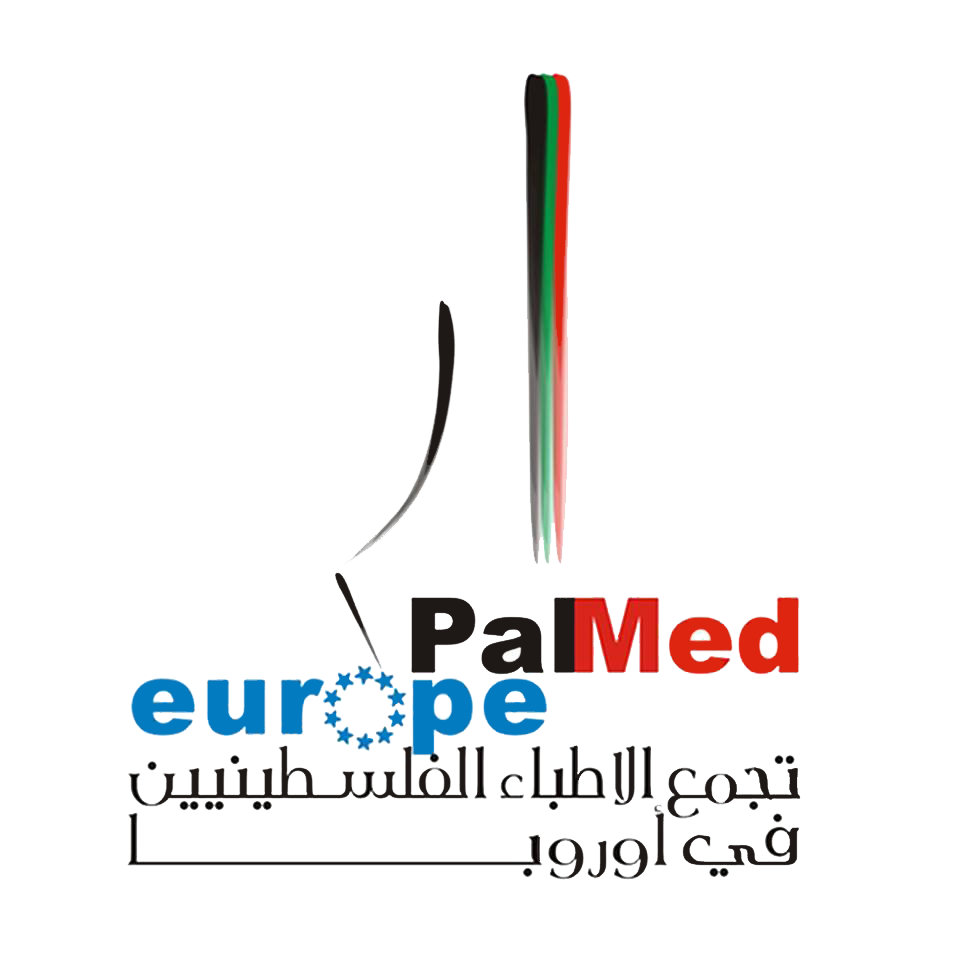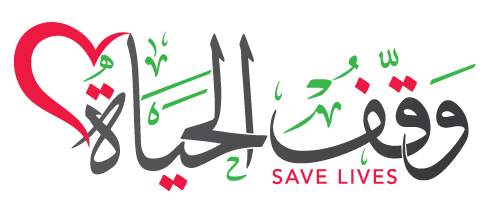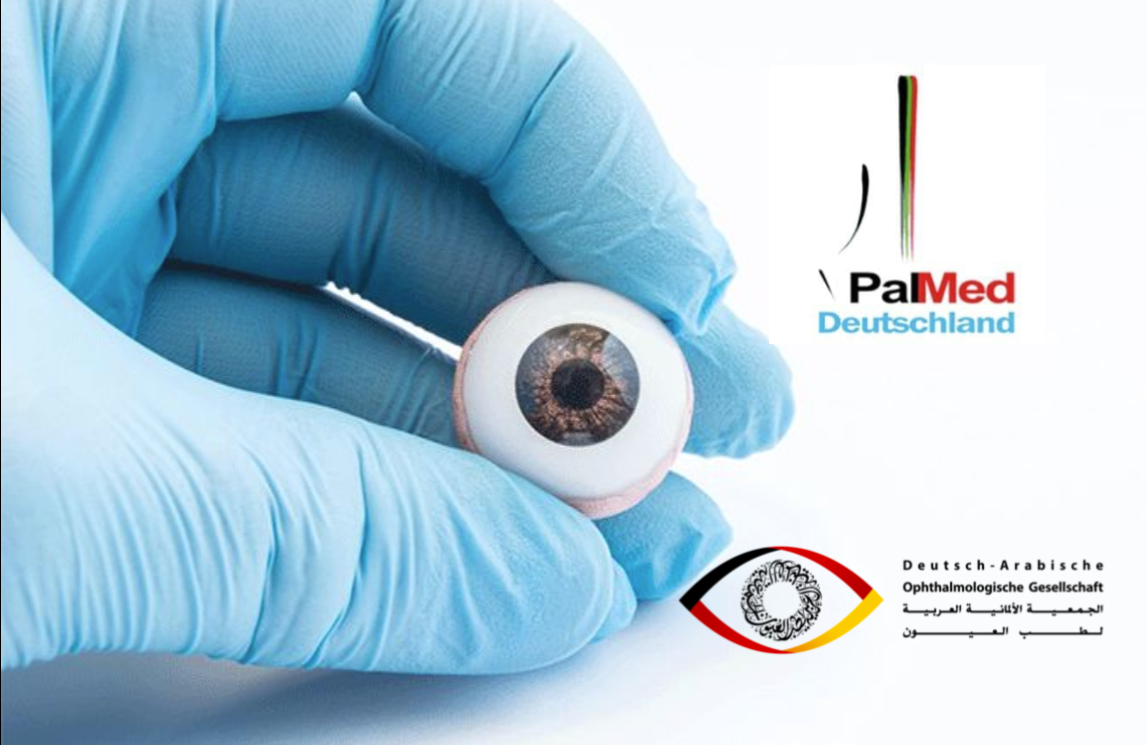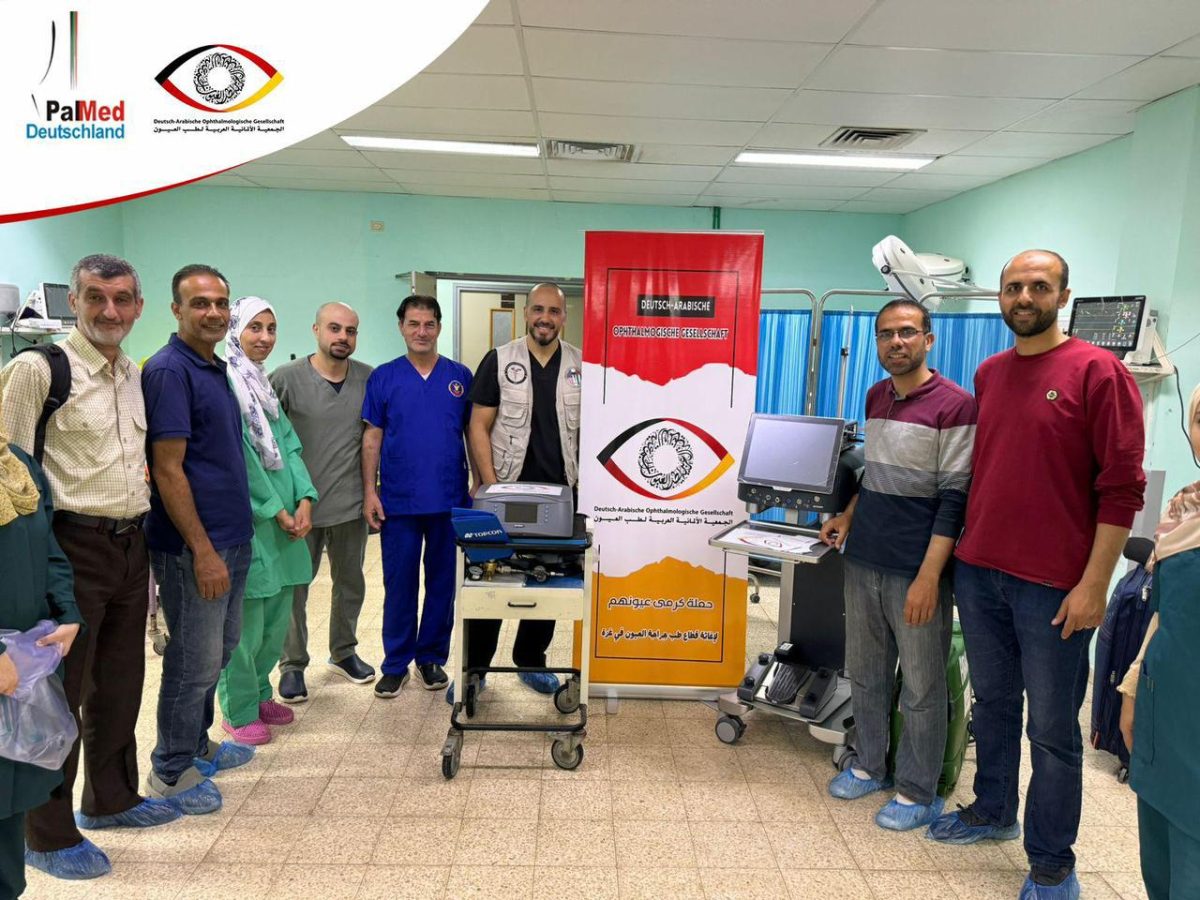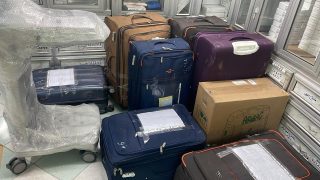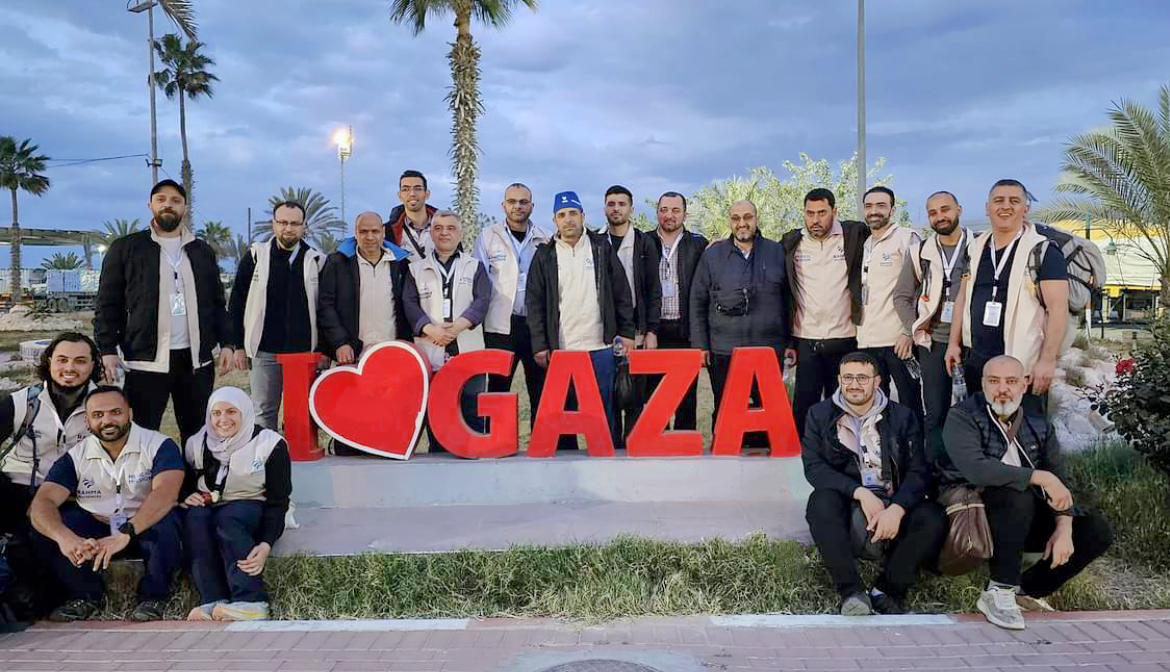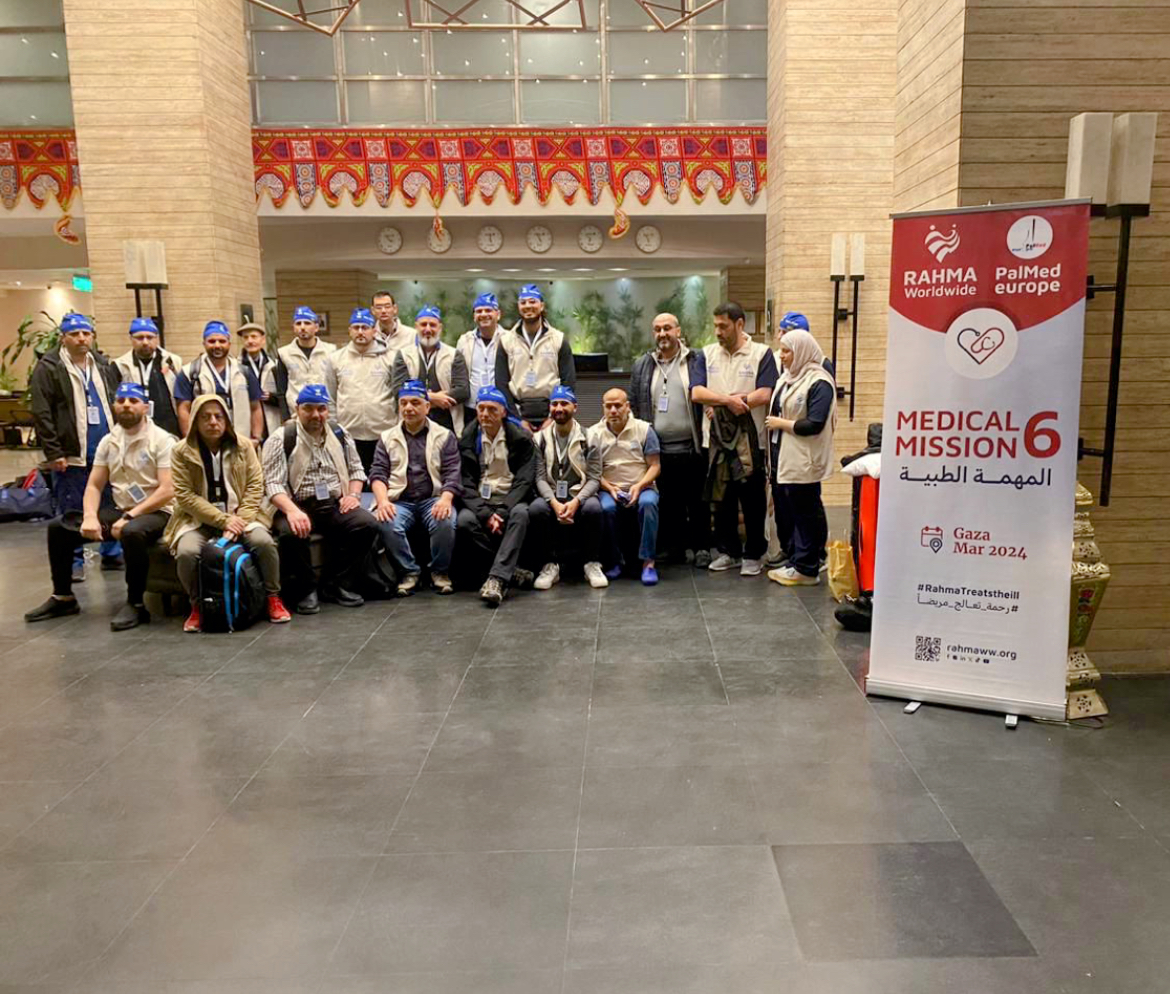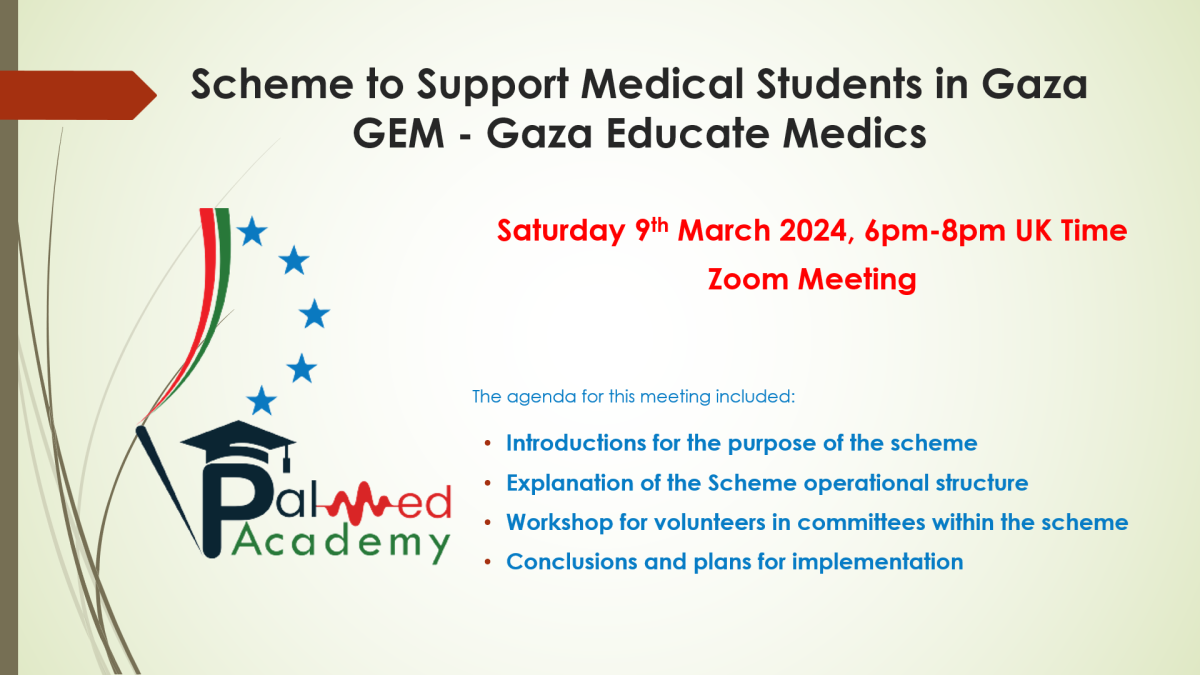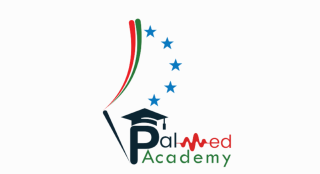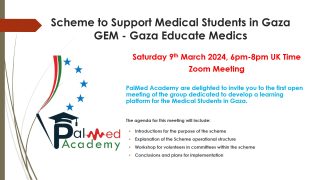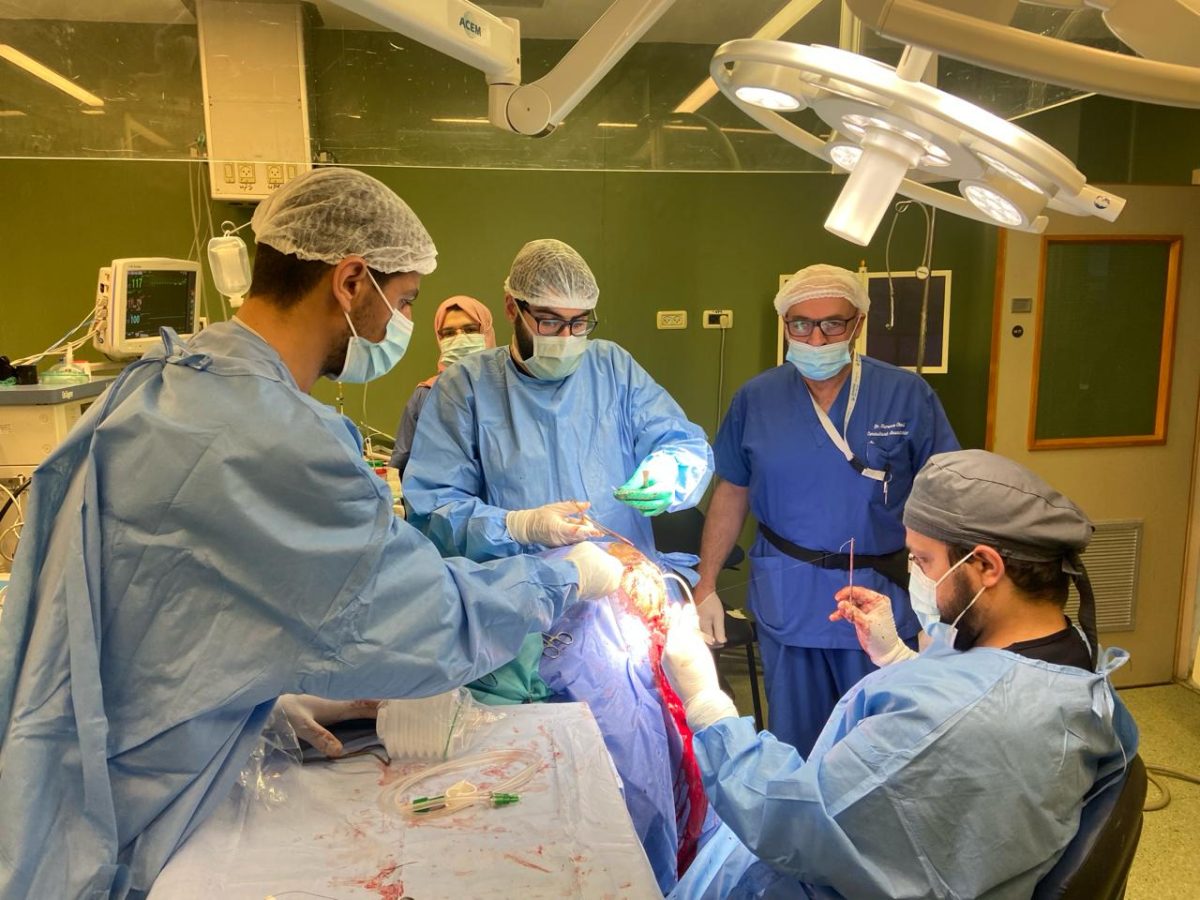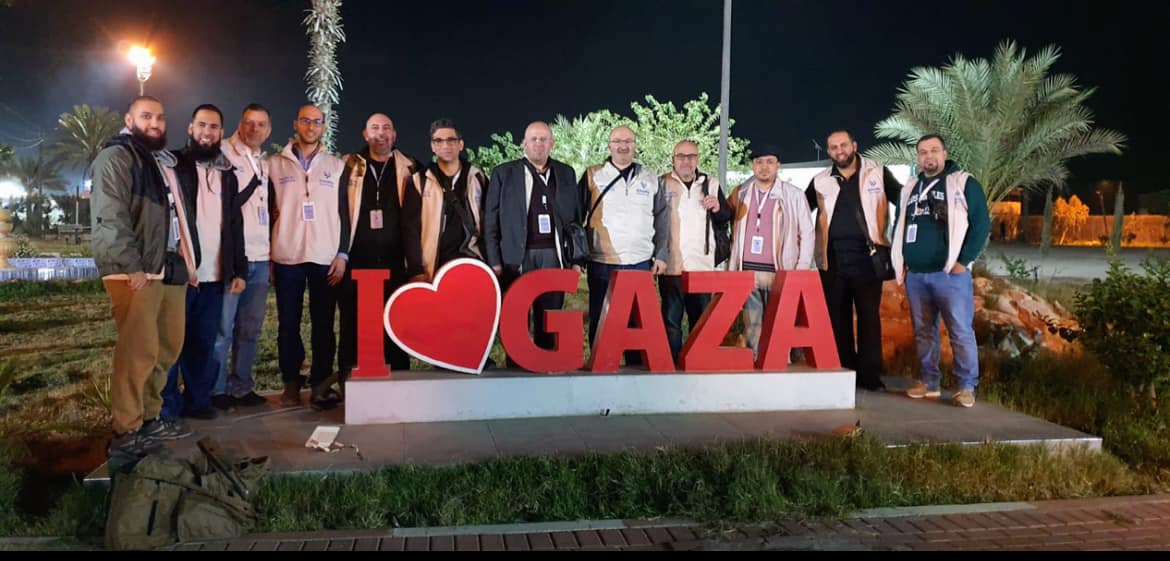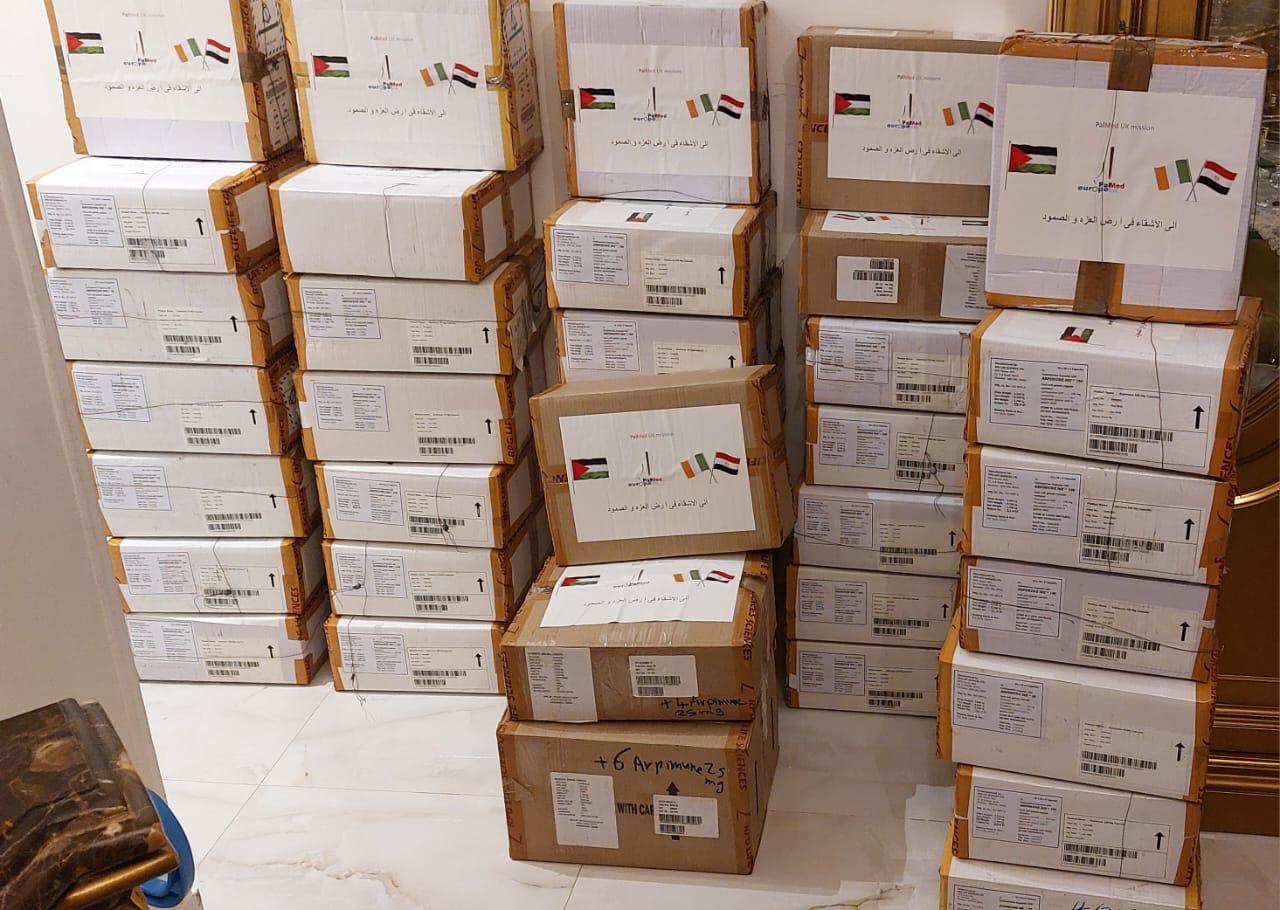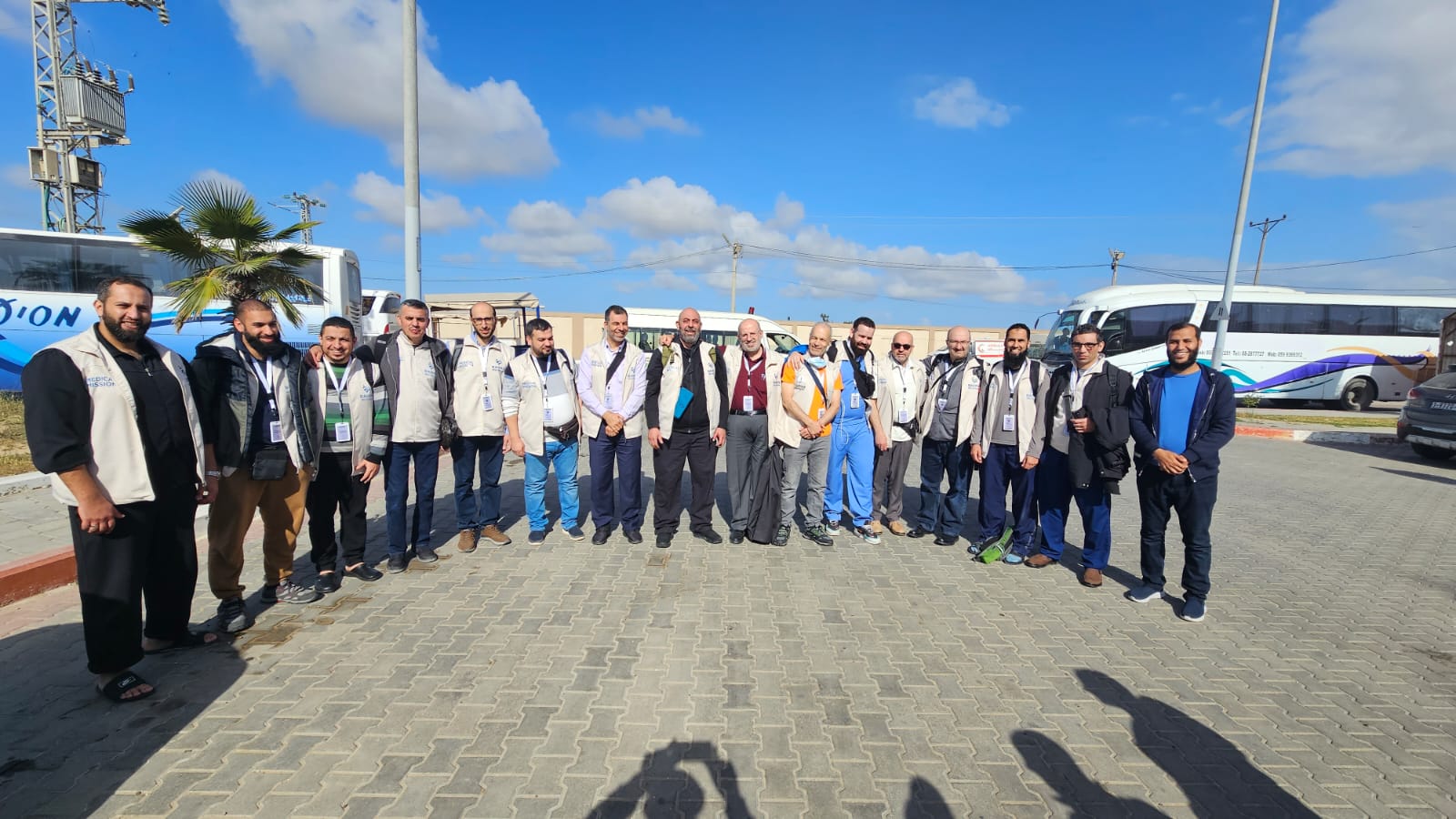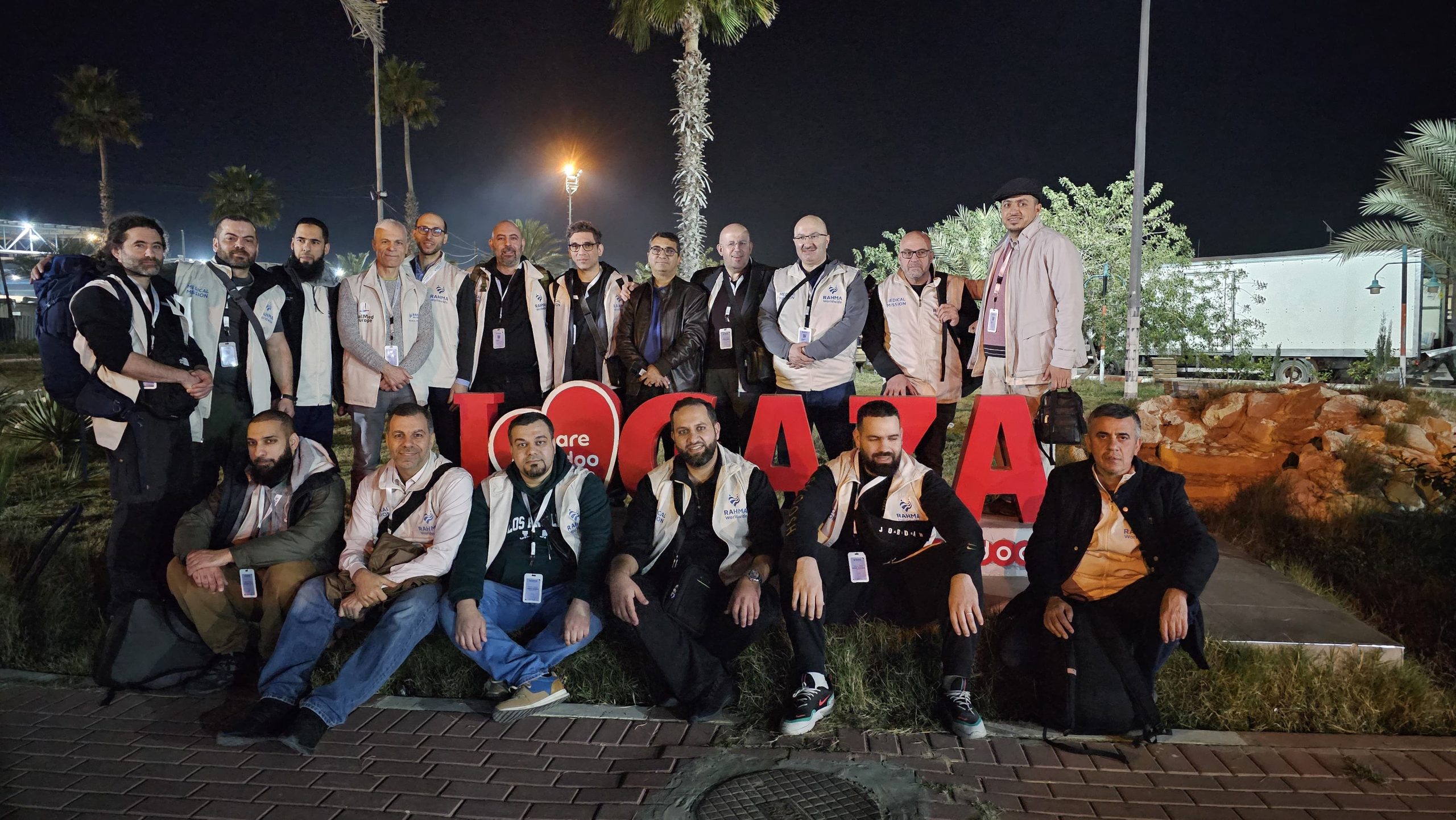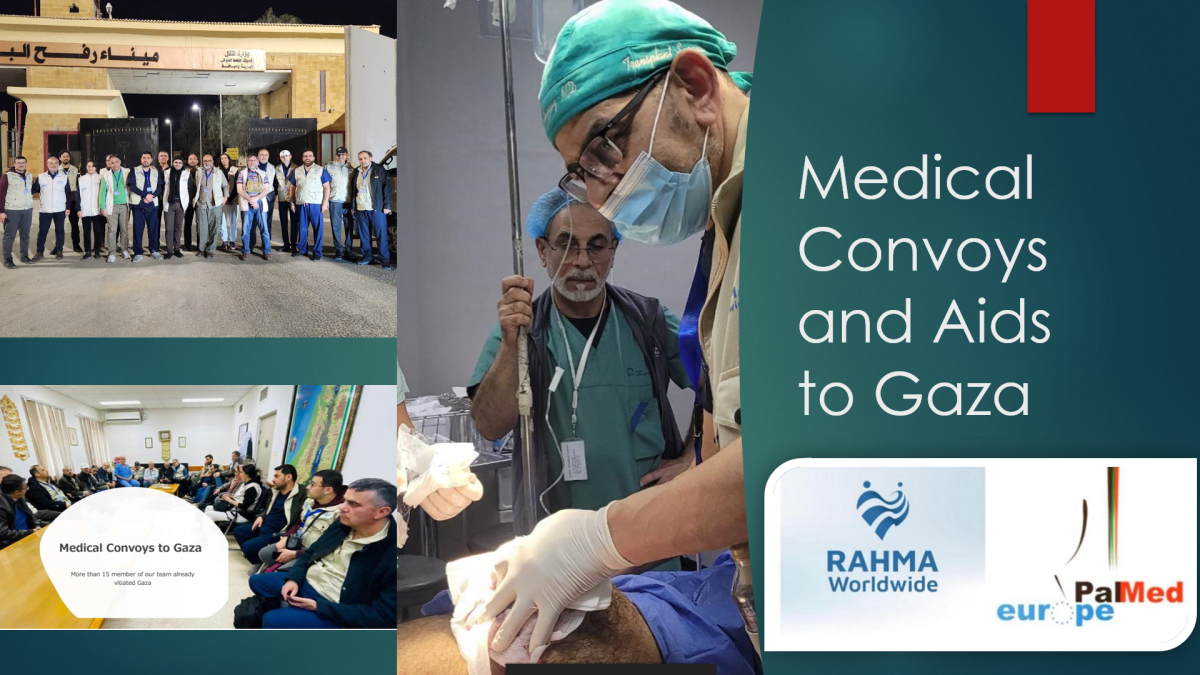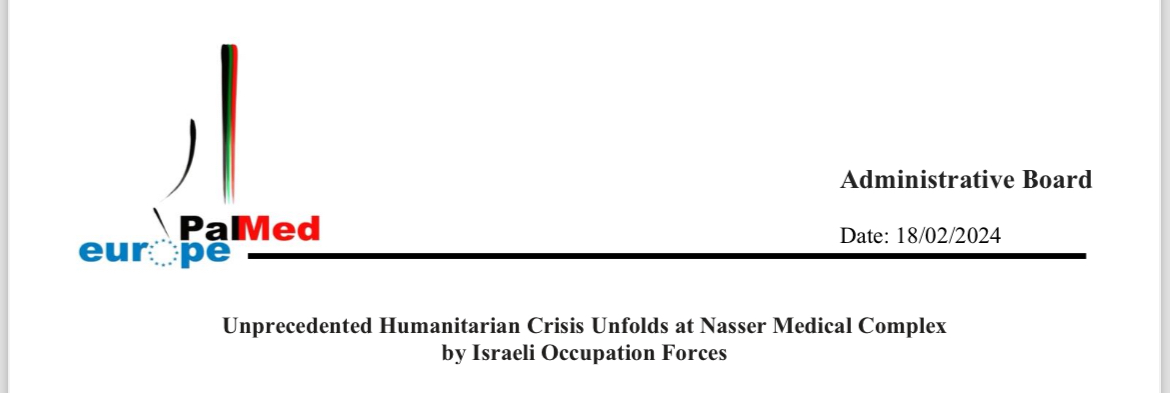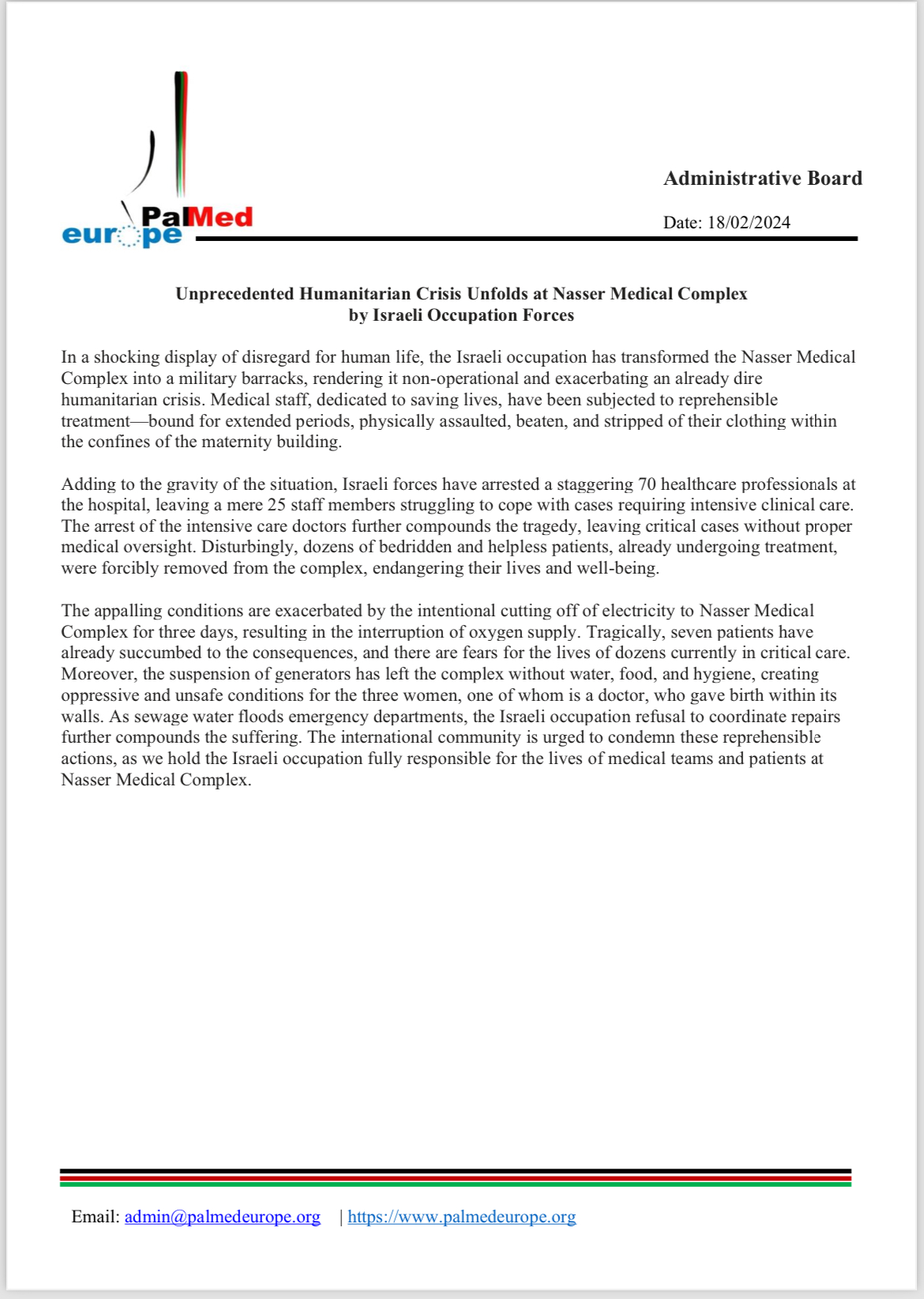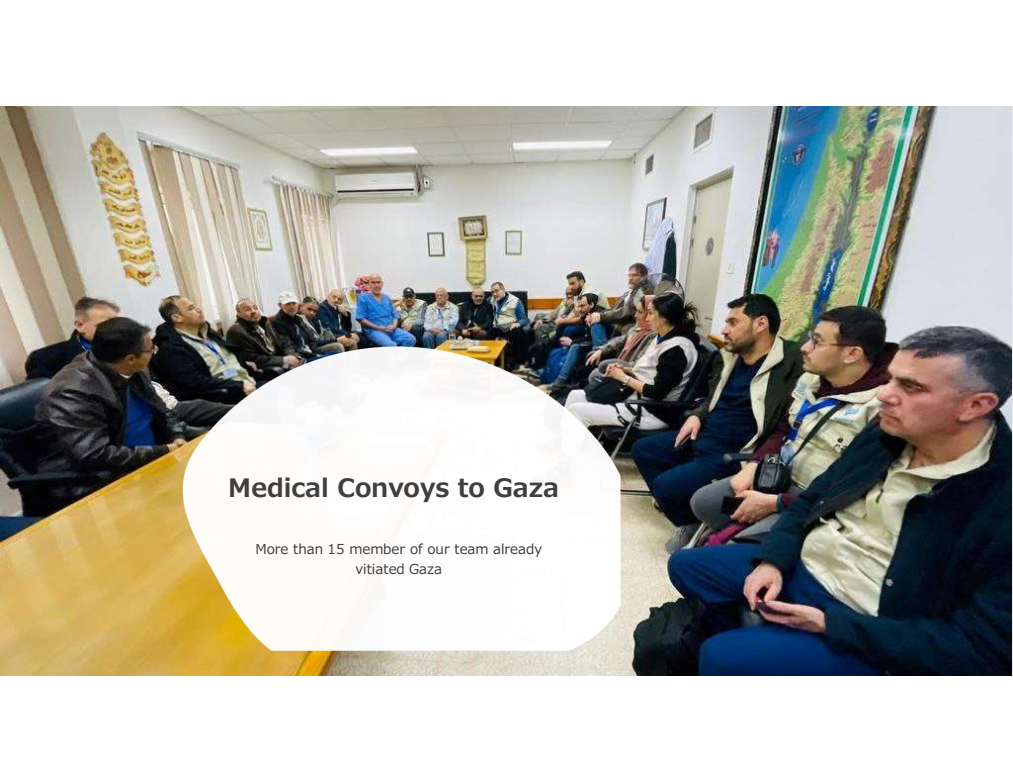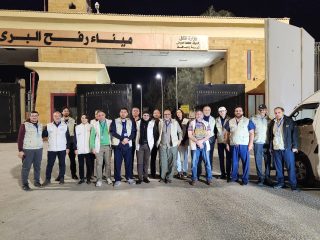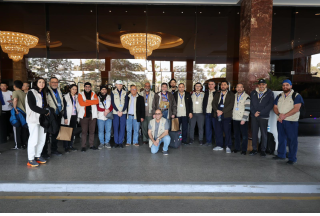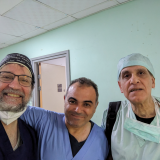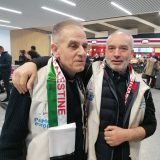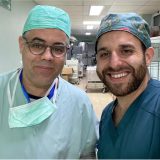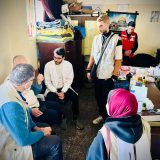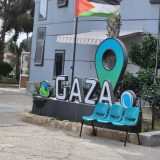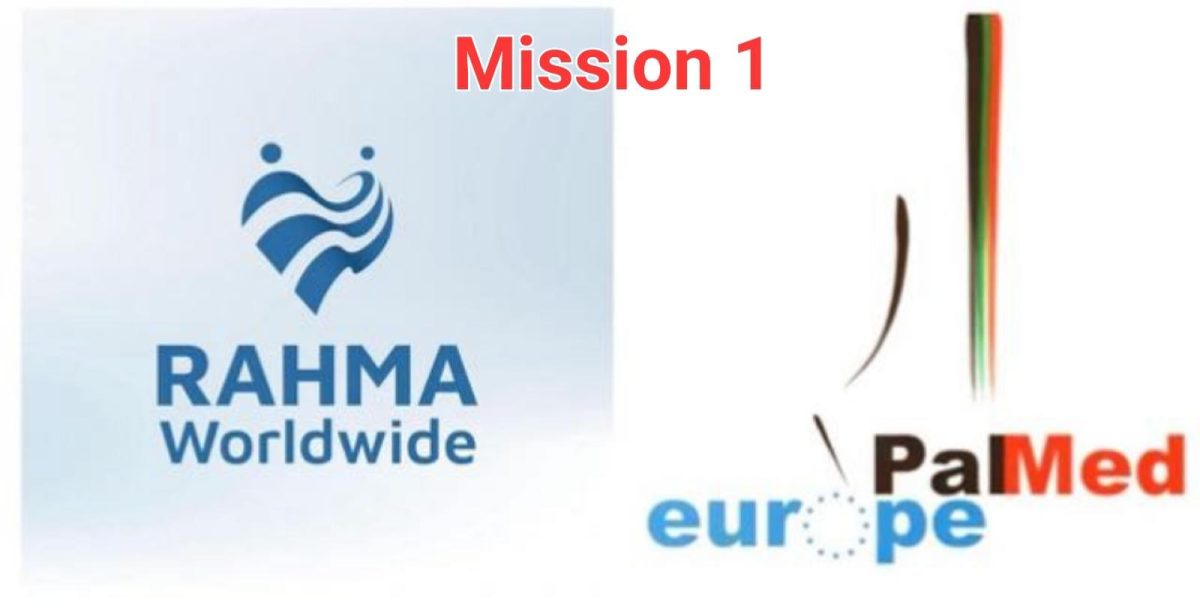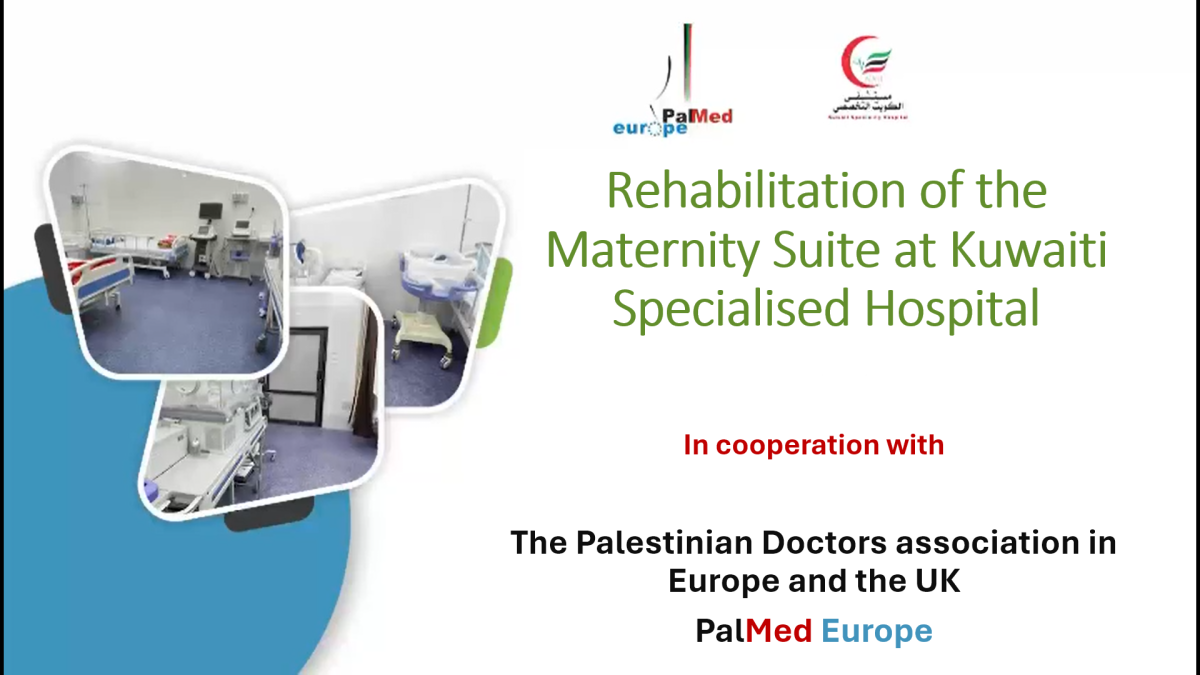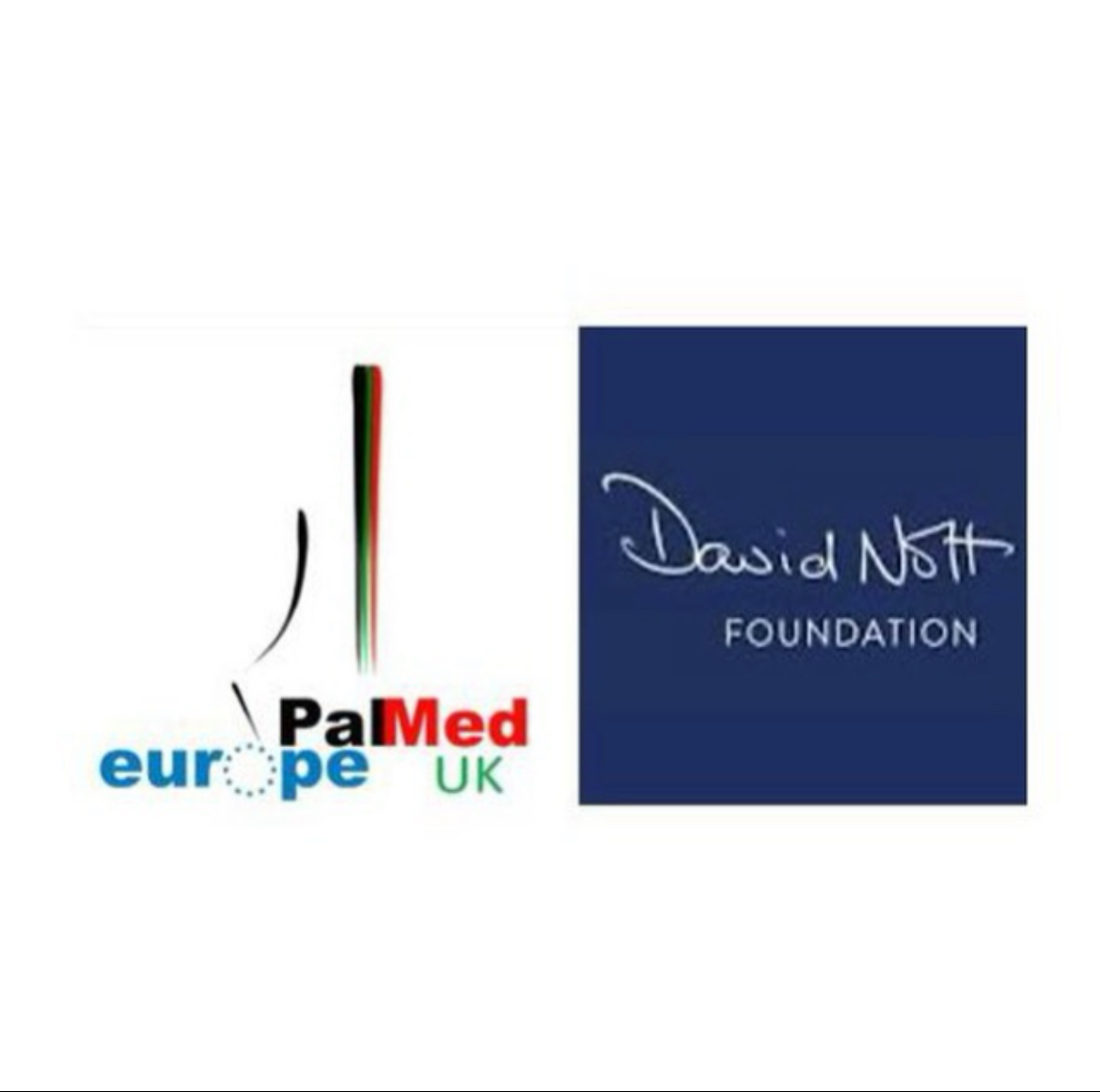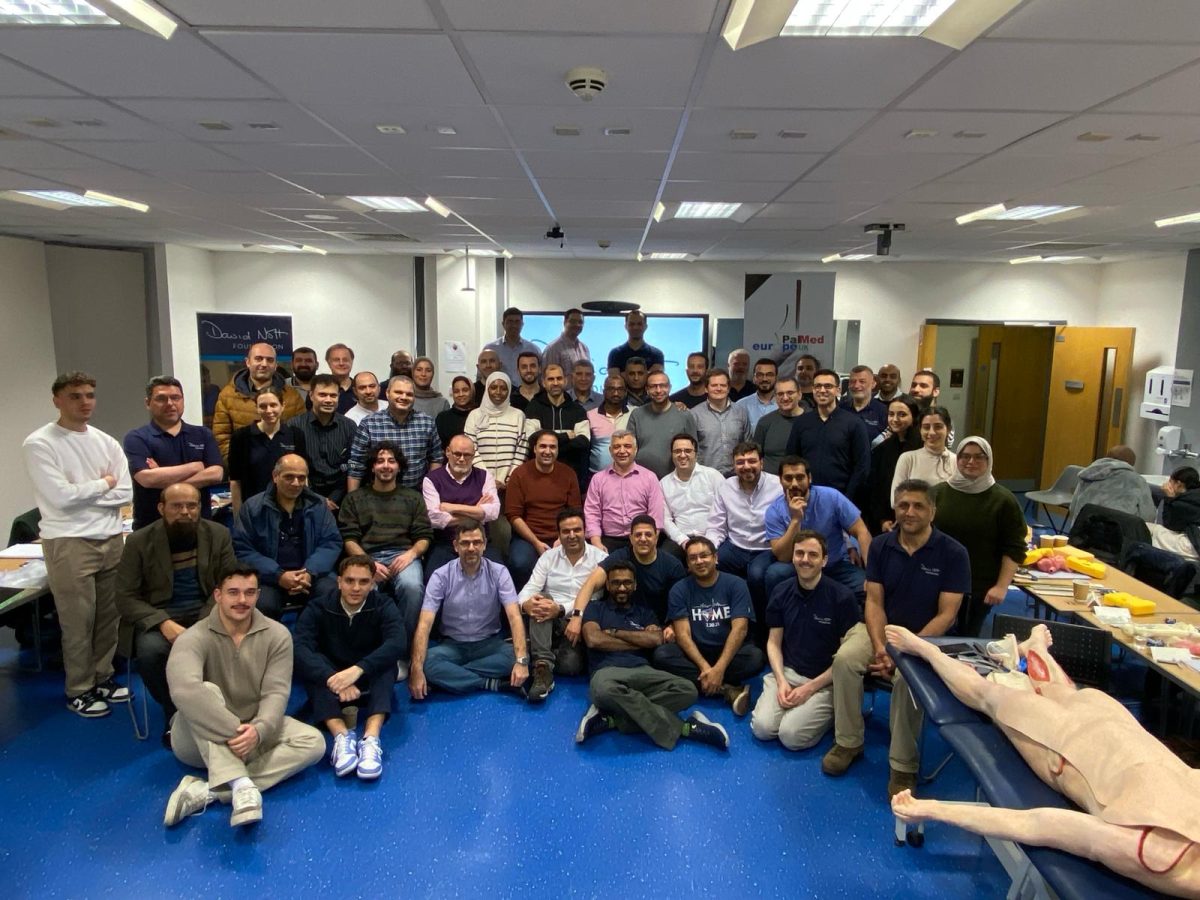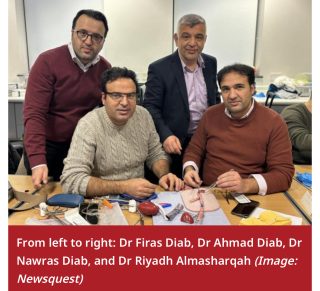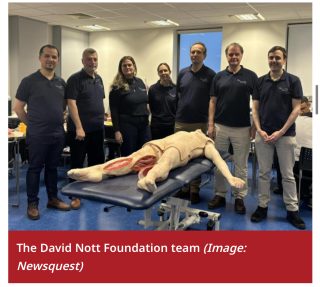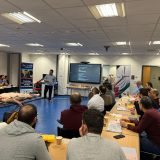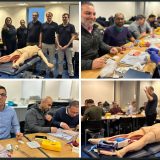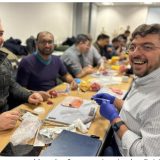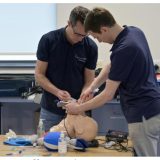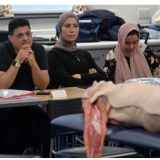The Ophthalmological Emergency Aid in Gaza aims to restore the collapsed ophthalmology sector in the region.
The situation is dire, as many patients, including children, are experiencing blindness due to injuries and subsequent infections. The eyesight of these patients could have been preserved.
A group of eye doctors from various countries initiated efforts to revive the collapsed ophthalmology sector in Gaza. We formed a task force to evaluate the current situation, identify needs, and establish goals for the immediate, intermediate, and long terms.
.
Health Situation in the Project Area:
Across the Gaza Strip, only one partially functioning ophthalmology unit performs basic trauma surgeries, such as enucleation. Surgical procedures on the posterior segment of the eye are currently impossible due to the destruction of necessary equipment.
.
Objectives:
1. Prevent blindness in patients with severe eye injuries.
2. Establish new, well-equipped facilities to accommodate and manage medical cases using appropriate procedures.
.
Approach and Outputs:
In the initial phase: the German-Arab Ophthalmological Society ”Deutsch-Arabische Ophthalmologische Gesellschaft (DAOG)” and PalMed Germany will launch a campaign to supply portable equipment for an operating room capable of conducting essential retinal surgeries. A fundraising campaign will seek to raise €150,000. Once the target is met, Phaco and RETINA microscopes, along with necessary instruments, will be procured and transported to the designated location in the south of Gaza.
In the second phase: will launch a campaign to supply portable equipment for an operating room capable of conducting essential retinal surgeries, along with necessary instruments, will be procured and transported to the designated location in the south and center of Gaza.
.
In the Third phase: will launch a campaign to supply portable equipment for an operating room capable of conducting essential retinal surgeries, along with necessary instruments, will be procured and transported to the designated location in the North of Gaza.
